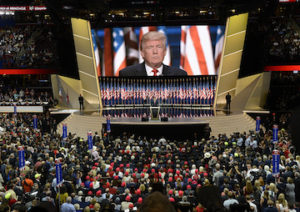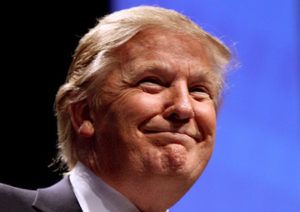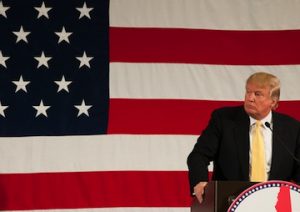Bush Stalls on Inevitable Iraq Withdrawal
Quietly, the real debate over Iraq is beginning. It's not about whether the United States should pull out troops. That is now inevitable. The real challenge is to figure out the right timetable for withdrawal, whether a residual force should be left there, and which American objectives can still be salvaged.WASHINGTON — Quietly, the real debate over Iraq is beginning.
It’s not about whether the United States should pull out troops. That is now inevitable. The real challenge is to figure out the right timetable for withdrawal, whether a residual force should be left there, and which American objectives can still be salvaged.
This is not the debate President Bush wants to have come September, when a slew of reports will be issued assessing the results of the troop surge. Already, the administration is preparing the ground for kicking the real choices into next year. Where once the White House seemed to be saying, “Give us until September,” its spokesmen now seem to be insisting we won’t know that much by then after all.
“If you want a definitive judgment, I’ve warned from the very beginning about expecting some sort of magical thing to happen in September,” White House press secretary Tony Snow said earlier this month. All we’ll have then, he said, is “a little bit of a metric to see what happens when you have all the forces in place for the Baghdad security plan.”
“A Little Bit of a Metric” — sounds like a song that Snow’s rock band might play.
The facts are these: We do not have enough troops to commit to Iraq to turn things around militarily, and the political situation is too fractured to give rise to a sudden burst of cooperation among Shiites and Sunnis.
Colin Kahl, a nonresident fellow at the Center for a New American Security, a middle-of-the-road think tank that will be launched formally on Wednesday, sees the American saga in Iraq as the Goldilocks story in reverse. We sent a large enough contingent of troops to give the United States responsibility for security, but too few to keep order. “Not hot enough, not cold enough, just wrong,” Kahl says.
Time is running out because most Americans no longer believe the administration’s promises that the commitment in Iraq will turn out well if only we are patient. This is why we need to begin planning our withdrawal now rather than waiting until the Army and the reserves hit the breaking point. Oddly, President Bush has more of an interest in this than anyone. “The more time passes, the more our options narrow,” says Kurt Campbell, the CEO and co-founder of the new think tank. “Left unchallenged, the president would fight to exhaustion, and we can’t afford to fight to exhaustion.”
In one of its inaugural reports, the center suggests reducing the American presence in Iraq by 100,000 troops between now and the beginning of 2009. But it would keep 60,000 troops in Iraq for four years beyond that, not only to train the army but also to work with “tribal, local and provincial leaders” who are fighting al-Qaida.
It is not clear to me that a lengthy commitment of that sort is either possible or desirable. But the report, written by James Miller and Shawn Brimley, has the virtue of defining three sensible goals for American policy: to prevent the establishment of al-Qaida safe havens in Iraq; to prevent a regional war; and to prevent genocide. Miller defines the right objective for those who want to end the war: “There should be a much better plan for withdrawal than there was for entry.” Indeed.
That’s why it’s also useful that on Monday the Center for American Progress, a center-left think tank, released its own plan for a much more rapid withdrawal. The CAP would have all American troops out of Iraq by the end of 2008, except in the Kurdish area, where a force of 8,000 to 10,000 would stay for an additional year. The United States owes a serious commitment to the Kurds, both for historical reasons and for the help they have given the U.S. in this conflict.
Lawrence J. Korb, a senior fellow at the CAP, argues that “the quicker you get out, the quicker you can recapture control of your policy in the area.” And the longer the United States stays, the greater will be the damage to our armed forces. “You’re ruining your ability to confront the global terrorist threat,” he says. “You’re ruining the Army.”
Up to now, the administration has insisted that the only question in the Iraq debate is to withdraw or not to withdraw. These two reports lay out the parameters for the argument we need now: how to end a disastrous war in a way that best serves America’s long-term interests. The president would be better served if he entered the new debate. If he ignores it, it will pass him by.
E.J. Dionne’s e-mail address is postchat(at symbol)aol.com.
© 2007, Washington Post Writers Group
Your support matters…Independent journalism is under threat and overshadowed by heavily funded mainstream media.
You can help level the playing field. Become a member.
Your tax-deductible contribution keeps us digging beneath the headlines to give you thought-provoking, investigative reporting and analysis that unearths what's really happening- without compromise.
Give today to support our courageous, independent journalists.






You need to be a supporter to comment.
There are currently no responses to this article.
Be the first to respond.